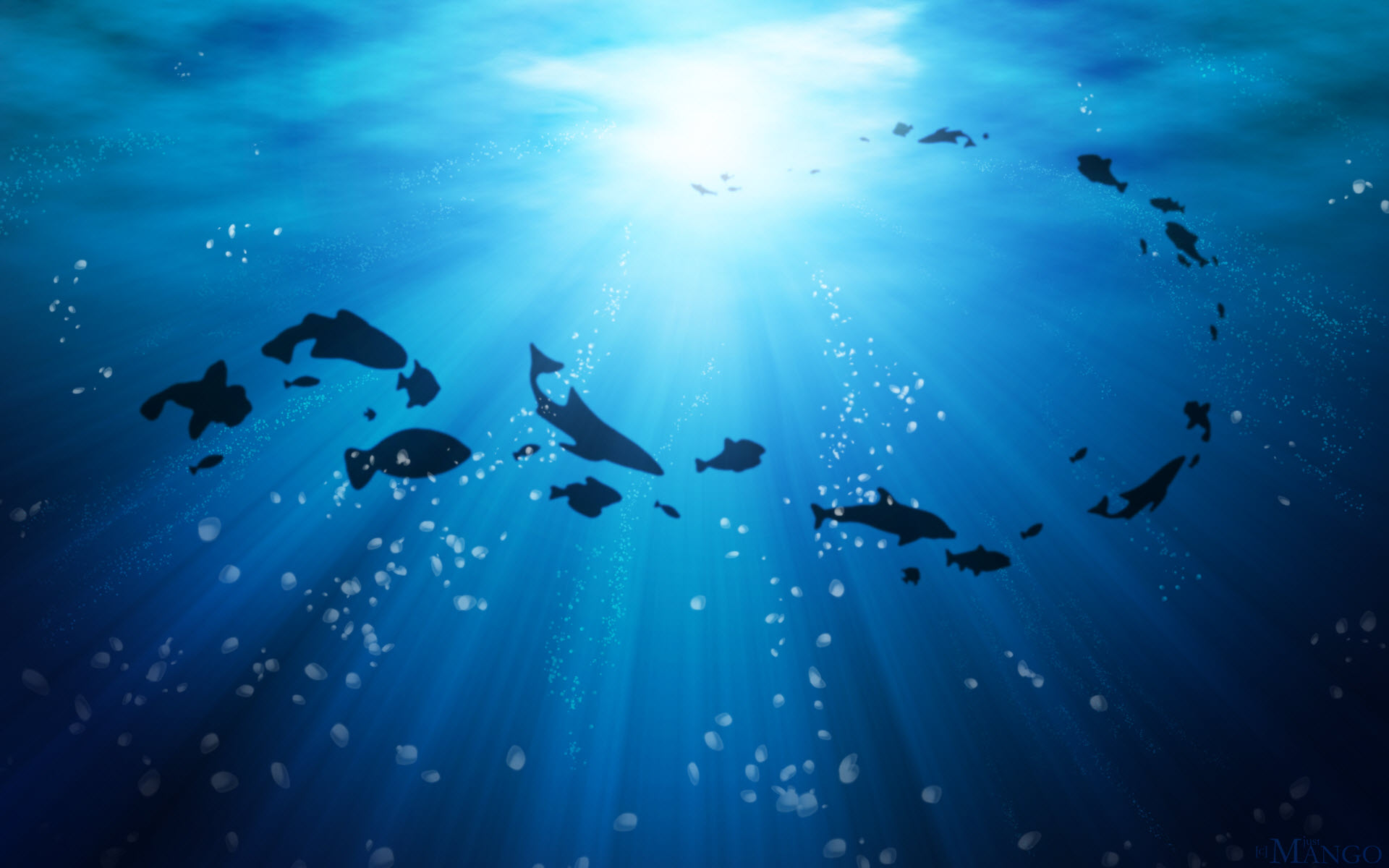1. Record Sea Lion Pup Strandings Reported
-----------------------------------------------
2. Administration Proposes Opening Atlantic Ocean to Drilling

This week, the United States government proposed to open up the Atlantic Ocean to oil and gas drilling. The drilling lease sale would include the area off the coast from Virginia to Georgia, the central and western Gulf of Mexico, and parts of the Arctic Ocean near Alaska. This lease was originally proposed in 2010 but canceled after the BP spill in the Gulf of Mexico. Does this go against the climate change agenda discussed last week by the US government? Read more...
-----------------------------------------------
3. Ontario Praised for Promise to Ban Killer Whales
On Tuesday, the government banned killer whales from Ontario. This action occurred after the very low standards of care for marine animals were found at the Marineland amusement park. But, why were only killer whales included in this ban? Read more...
-----------------------------------------------
4. See-Through Fish Discovered Under Antarctica's Ice

Do you know what is under the 740m ice shelf in Antarctica? After drilling down through the ice, scientists found a species of see-through fish living in the 28 degree water. These fish belong to the suborder Notothenioidei and have developed many adaptations to survive the temperature and pressure. Read more...
-----------------------------------------------
5. Will Environmentalists Fall For Faux Fish Made From Plants?
-----------------------------------------------
-----------------------------------------------
7. The Real Penguin of Madagascar

Love the animated film Madagascar? Learn the real facts on the Rockhopper Penguins depicted in the film. Although Madagascar is an extremely bio diverse location, this penguin is one of the many species under threat. Read more...
-----------------------------------------------
8. Smothered Oceans: Extreme Oxygen Loss in Oceans Accompanied Past Global Climate Change

-----------------------------------------------
9. Climate Forecast: More Southwest Droughts and Australian Floods
Scientists are predicting that climate change will increase the severity of the El Nino and La Nina. It has been forecasted that these Pacific weather patterns may begin to occur once every decade if there are no changes made in greenhouse gas emissions. What impacts will the Earth have if we don’t make any changes? Read more...
-----------------------------------------------
Fisherman in Zambia found an alternate use for the anti-malaria nets provided to his family. These nets are now being used to collect fish from the bottom of swamp ponds. The mosquito nets are insecticide-treated and introduce toxins into the water. That water is used for drinking and is a habitat for many marine organisms. Read more...
-----------------------------------------------
11. Miliband Calls for Global Treaty to Halt Despoilation of Seas

Overall, there is international consensus that the marine ecosystem requires legislative protection to properly conserve and repair our oceans. This week, the former foreign Secretary David Milibrand proposed creating a global treaty to protect the oceans to the United Nations. Read more...
-----------------------------------------------
 Drift gillnet fishing has been used to catch mass quantities of profitable fish. This is commonly used to fish for swordfish. Although these “curtains of death” are effective in catching swordfish, they have also caught and killed dolphins and whales. California is currently the only state that allows this fishing practice. This article includes an intricate diagram of the drift gillnet fishing process. Read more...
Drift gillnet fishing has been used to catch mass quantities of profitable fish. This is commonly used to fish for swordfish. Although these “curtains of death” are effective in catching swordfish, they have also caught and killed dolphins and whales. California is currently the only state that allows this fishing practice. This article includes an intricate diagram of the drift gillnet fishing process. Read more...
-----------------------------------------------
13. Wild Dolphins Exchange Names When They Meet
-----------------------------------------------
14. Spain Announces Law to Fight Pirate Fishing
This week Spain created a new fisheries law which is in line with the EU's Illegal, Unreported, and Unregualted (IUU) fishing regulation. Spain is Europe's largest fishing country and the precedent that the government established may lead other EU countries to similar action. Read the official Spanish law here... and the Oceana synopsis here...
-----------------------------------------------
Be sure to "LIKE" http://facebook.com/SeaSave to ensure our "Week in Review" is delivered to your newsfeed every Thursday.
Sea Save Foundation is committed to raising awareness of marine conservation. The Week in Review is a team effort produced by the Sea Save staff to provide a weekly summary of the latest in marine research, policy, and news.







